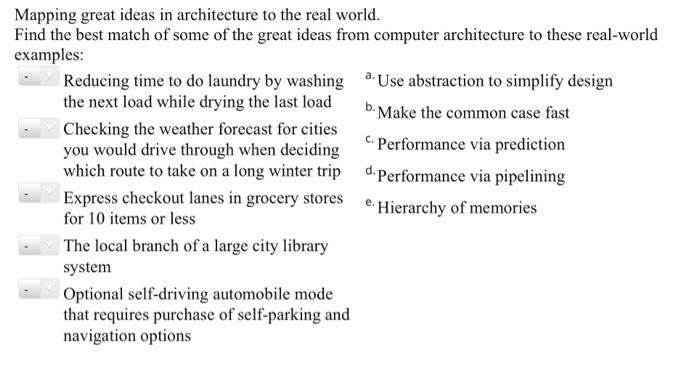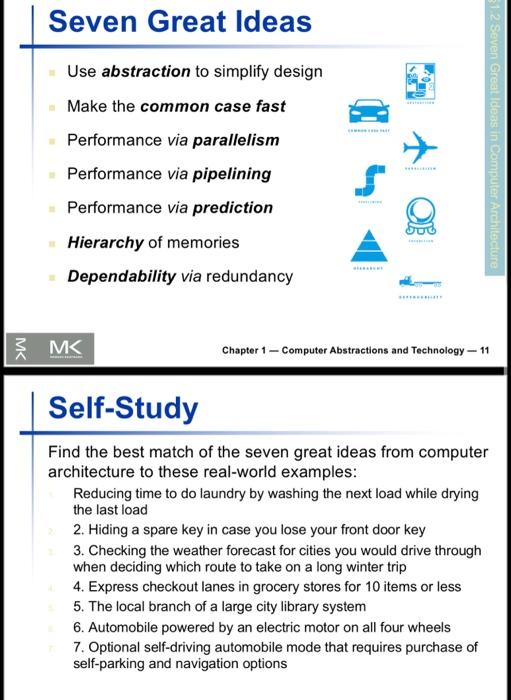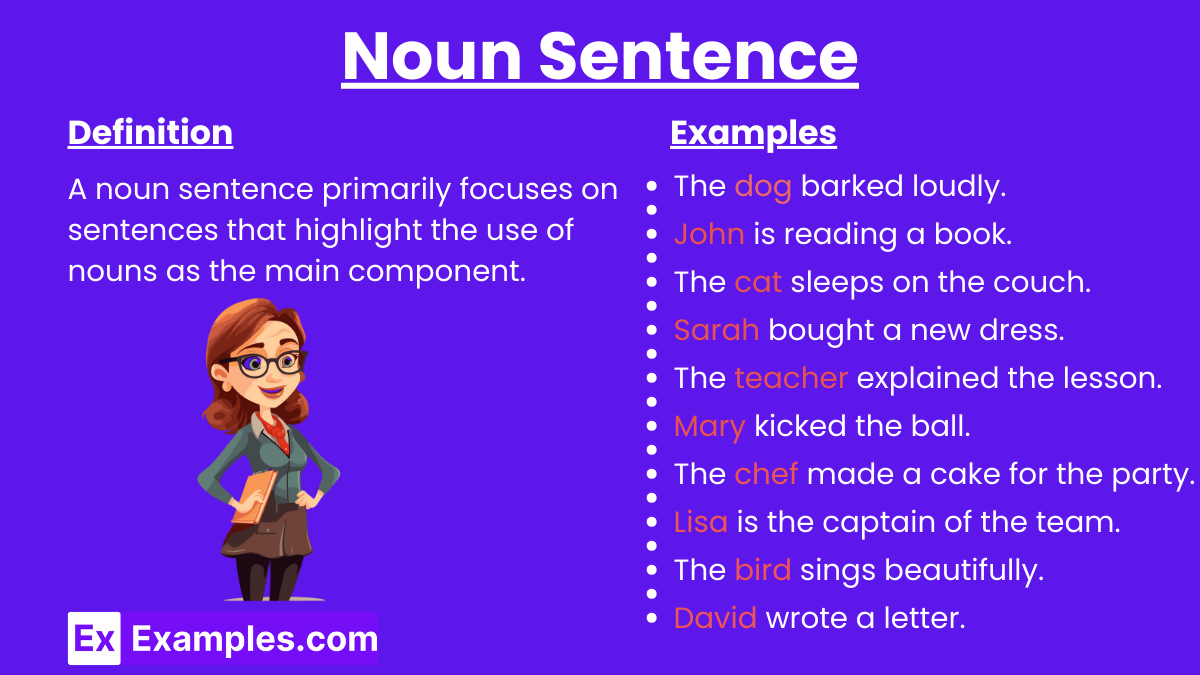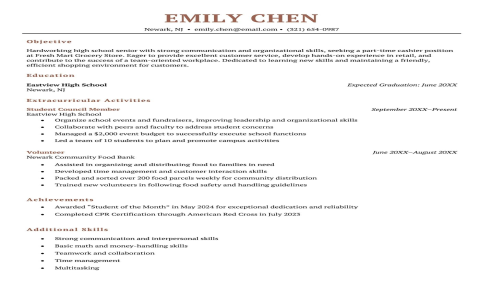My Take on This “Sentence with Spacious” Thing
Alright, so people talk about writing, and sometimes this phrase “sentence with spacious” pops up. For the longest time, I figured, what’s that even mean? A sentence is a sentence, right? You string words together, make a point, boom, done. I was all about efficiency, cramming as much info as I could into every line. Get in, get out. That was my motto.

But here’s the thing, it didn’t always work out so great. I’d write an email, think it was crystal clear, and then get a reply asking ten questions about what I thought I’d already explained. Or I’d give instructions, and folks would just look at me with a blank stare. It was frustrating, you know? Like talking to a brick wall sometimes.
Then I landed this gig, oh boy, what a place that was. Everything was a rush, deadlines on top of deadlines. Communication? It was mostly people shouting half-thoughts across the room or sending these super dense reports that nobody actually read. My boss at the time, bless his heart, was the king of the run-on sentence. He’d pack an entire project update into one breathless paragraph. Trying to follow it was like trying to untangle a knotted fishing line in the dark.
It wasn’t like I had some grand epiphany about “spacious sentences.” It was more like, I started noticing stuff. I’d read an article or a book, and some passages just felt… easier. Like my brain could take a little breather between ideas. It wasn’t about long sentences or short sentences, necessarily. It was about the feel of it. There was room. And then I’d go back to those work emails, and man, it felt like being stuffed into a sardine can.
So, I started trying to, you know, create a bit more space in my own stuff. Just little things at first.
- Breaking up long paragraphs.
- Using simpler words when I could.
- Not trying to make five points in one sentence. Sounds obvious, but it wasn’t to me back then.
It felt weird, honestly. Like I was being too slow, or not smart enough because I wasn’t using big, complex structures. I thought people would think I was dumbing things down too much.

Now, why am I going on about this? Well, there was this one time, and it really drove the point home for me. My aunt, lovely lady, but not exactly a tech wizard, got a new smart TV. And guess who got volunteered to write the setup instructions for her? Yep, me. She lives a few hours away, so I couldn’t just pop over. It had to be foolproof on paper.
I started writing like I usually did – “Okay, first, connect the HDMI cable from port 1 on the TV to the output port on the cable box, then ensure the power brick is connected securely to both the TV and the wall outlet, subsequently navigate using the remote control to the input selection menu…” You get the picture. I read it back, and even I was confused. My brain just went, “Nope.”
I had to scrap it and start over. This time, I imagined I was talking to her, really slowly.
“Step 1: Find the thick black cable with the funny shaped ends. This is the HDMI cable.”

“Step 2: Look at the back of your TV. Find a slot that says ‘HDMI 1’.”
Each step was its own little island. Lots of white space on the page. Short sentences. Simple words. It took me ages because I kept overcomplicating it in my head. But I got it done, sent it off, and held my breath.
A few days later, she calls me. TV’s working perfectly. She said the instructions were “so clear, even I could do it!” That was a bigger win than any project I’d completed at that chaotic job, let me tell you.
So, this “sentence with spacious” idea, for me, it’s not some high-falutin literary concept. It’s about giving the other person’s brain a chance. A chance to catch up, to understand, to not feel overwhelmed. It’s like not cluttering up a room. When there’s space, you can actually see what’s there. I still don’t always get it right, my old habits die hard. But I try. Because I remember that knotted fishing line, and I remember my aunt actually managing to set up her TV. Sometimes, a little space makes all the difference, doesn’t it?


